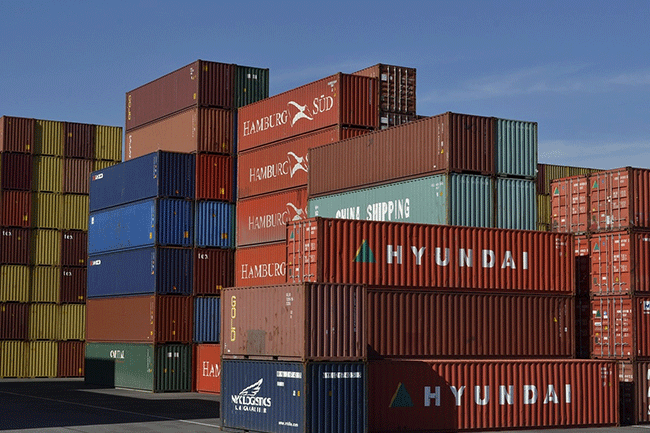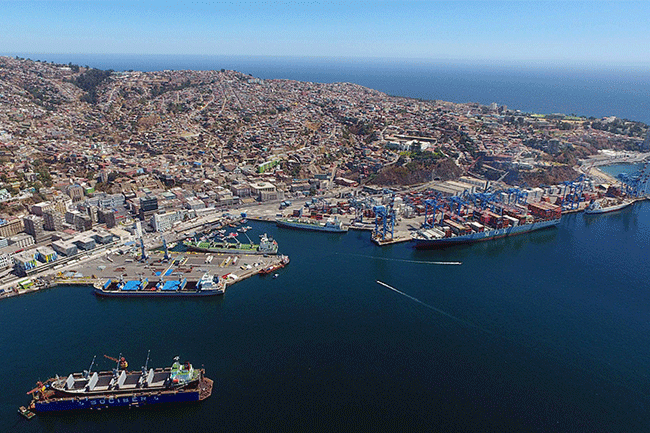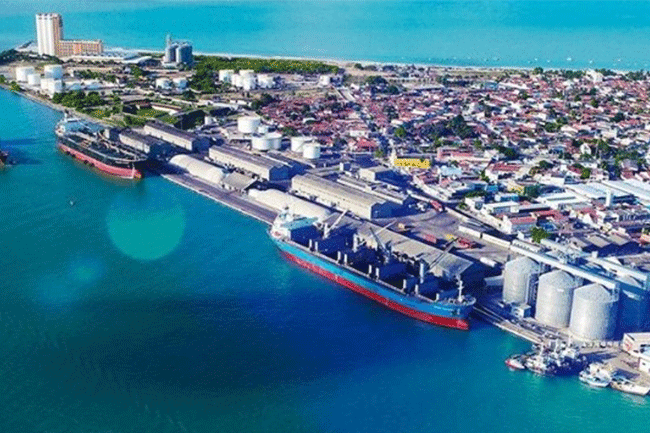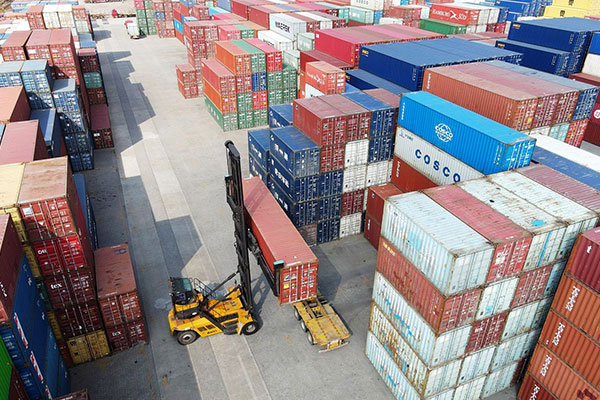- Shanghai Zhongshen International Trading Co., Ltd. – Your reliable partner with 20 years of import/export agency service expertise.
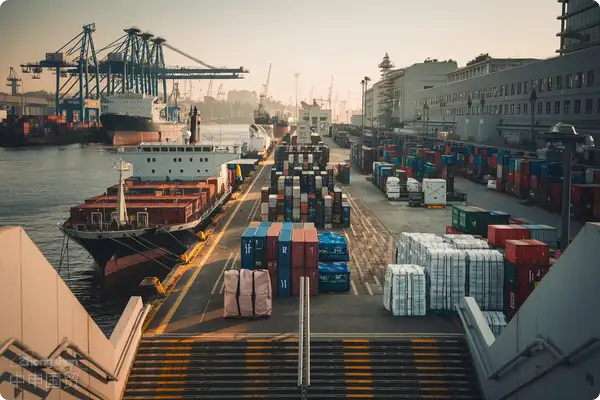
Hydrogen-richEquipment importBreaking Through the Customs Battle Under New Trends
According to the International Hydrogen Energy Council, the global market size for hydrogen-rich equipment is projected to exceed $28 billion by 2025. As the world's largest hydrogen energy application market, China saw a 67% year-on-year increase in imports of hydrogen-rich water machines, hydrogen-oxygen generators, and other equipment in 2023. However, special inspection data from the General Administration of Customs in 2024 revealed that 31% of imported hydrogen-rich equipment experienced customs clearance delays due to misclassification or missing technical documentation.
Three Fatal Pitfalls in the Import Process
Verification of Matching Degree Between Technical Parameters and Certification StandardsThe primary challenge is:
- The explosion-proof level requirements of the EU CE certification differ from those of the domestic GB3836 standard.
- The hydrogen concentration test report must include the six core indicators specified in ISO 16111:2008.
- The pressure vessel equipment must meet the dual certification requirements of both ASME and TSG 21.
HS code classification disputesDirectly affects tariff costs:
- The electrolyzer may involve multiple tariff codes such as 8421/8405/8543.
- Classification Differences Between the Hydrogen Generation Module and the Complete Unit of a Hydrogen-Rich Water Machine
- The tariff difference between importing core components and importing complete machines reaches 12%.
Value creation points of professional agency services
High-quality agency companies excel byFour-Dimensional Service SystemEnhancing customs clearance efficiency:
- Pre-review mechanism
- Technical Document Pre-review (including drawings, parameter tables, and test reports)
- Origin CertificateVerification of Book-Trade Agreement Compatibility
- Dynamic Risk Early Warning
- Real-time monitoring of updates to customs classification guidance
- FDA/CE Certification Change Automatic Alert System
Five Key Indicators for Choosing a Proxy Company
Based on the latest customs supervision requirements for 2025, it is recommended to focus on:
- Industry precision: Whether to establish a dedicated classification database for hydrogen energy equipment
- Emergency response capability: Is there a pre-ruling application channel for the classification of technical disputes?
- Cost - control system: Does it offer duty deferral and VAT optimization solutions?
Practical Case: Optimization Path for Customs Clearance of a Japanese Enterprise's Equipment
In March 2025, a Japanese hydrogen-rich water machine manufacturer achieved the following through professional agency services:
- The equipment originally classified under 8421.21 has been successfully reclassified to 8405.10.
- The tariff rate has been reduced from 8% to 5%.
- The rectification cycle for technical documents has been reduced from 45 days to 12 days.
Through systematic risk anticipation and compliance management, professional agency services can help import enterprises save an average of 17% in overall operational costs. In the field of hydrogen energy equipment imports, selecting partners with deep industry-specific service capabilities has become a key measure for enterprises to establish competitive advantages in the market.
? 2025. All Rights Reserved.
